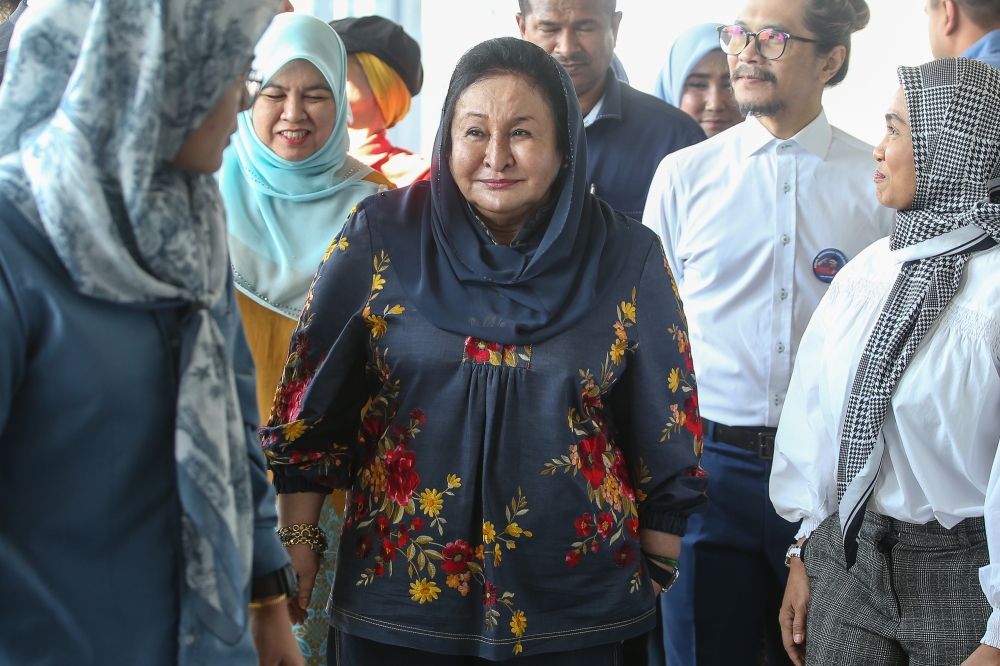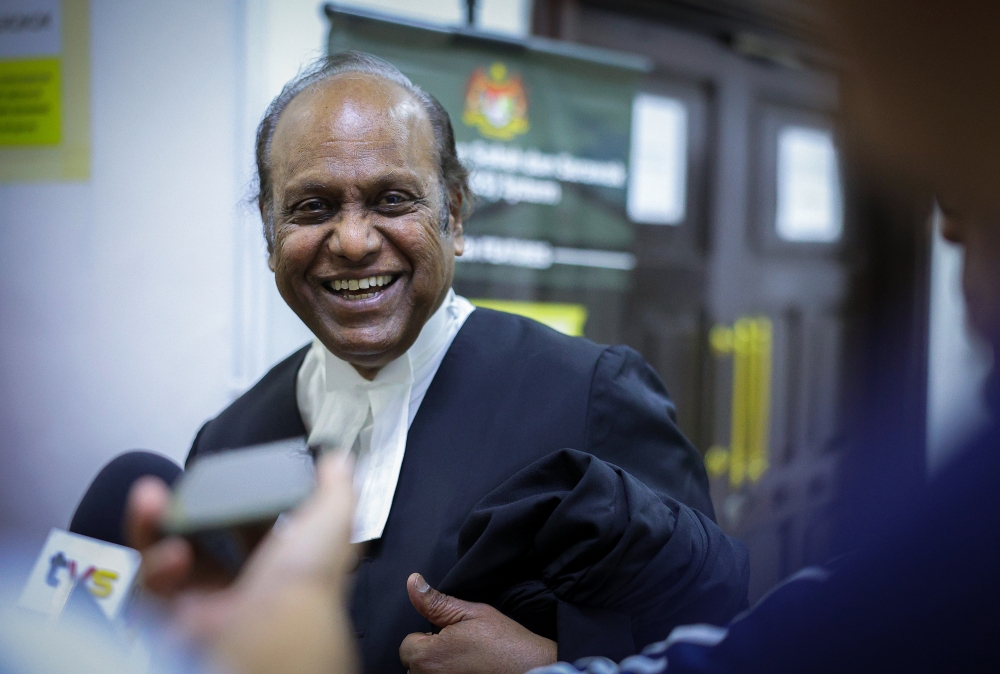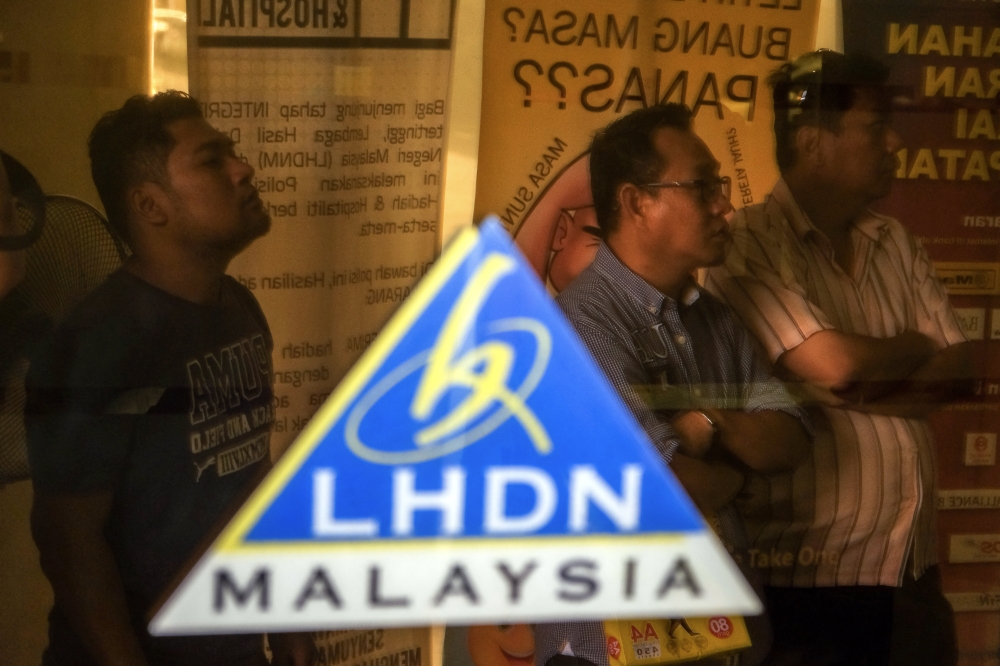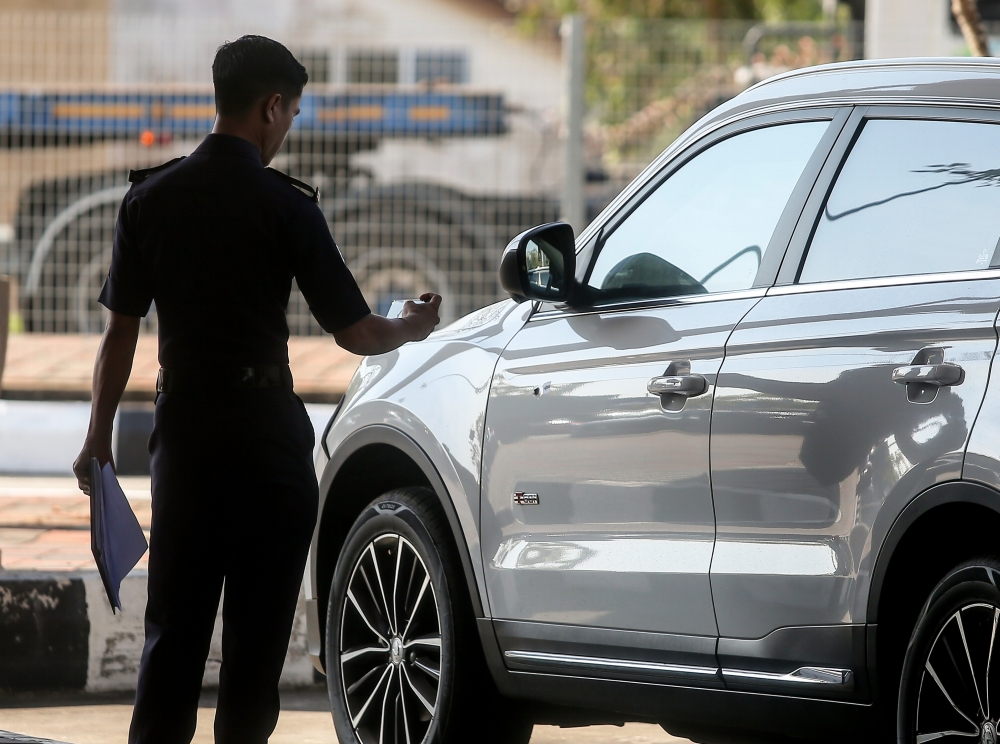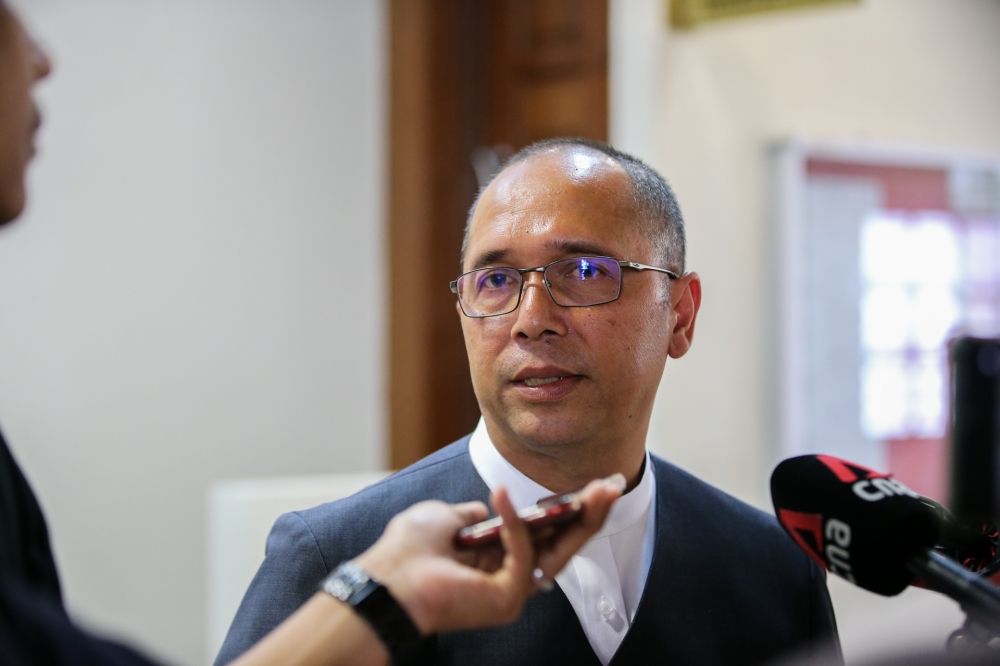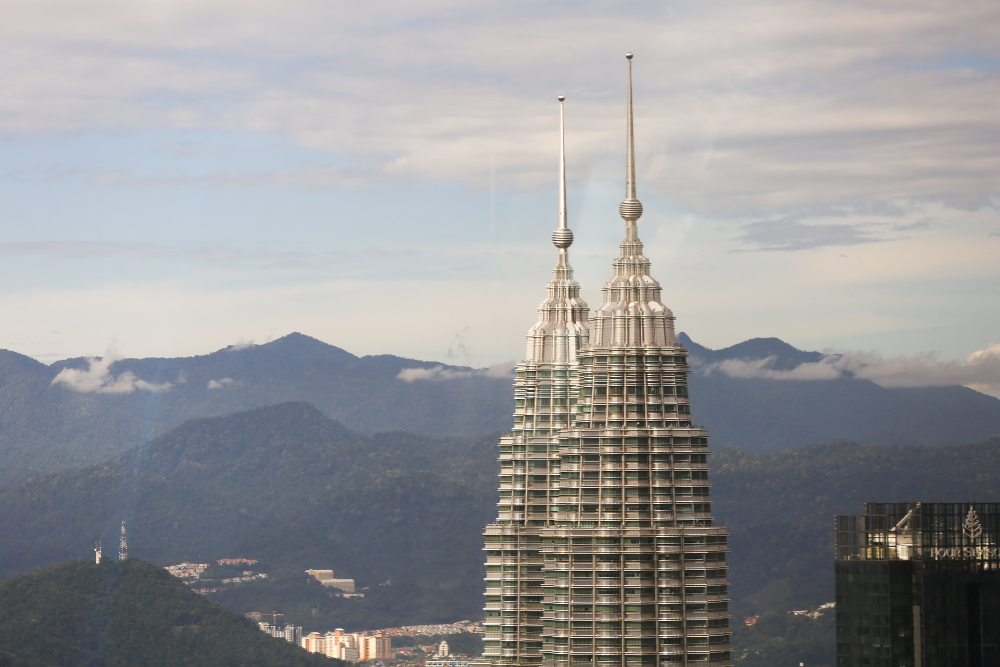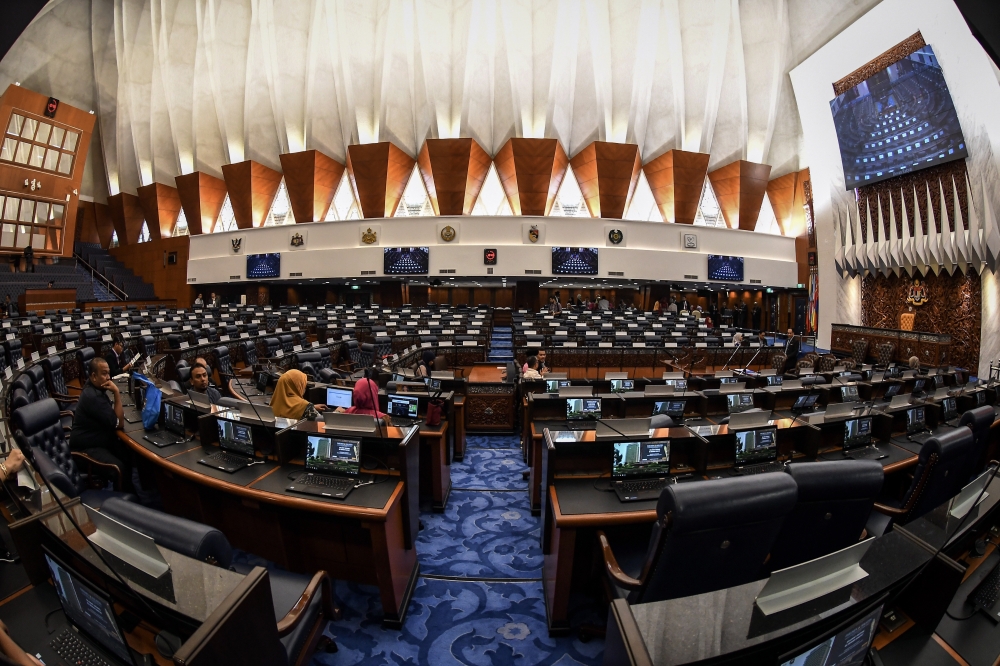GEORGE TOWN, Feb 25 — Research unit Fitch Solutions has warned that the political uncertainty in Malaysia may have an unexpected fallout, impacting its ability to react to any new developments in the Covid-19 outbreak.
It said the intense politicking that will likely follow over the coming weeks would hamper Malaysia's ability to respond to Covid-19, raising the risks of a large and sustained outbreak in the country.
In a statement, Fitch Solutions also said the country's economy will be further weighed down in the short term due to political crisis with downside risks to the gross domestic product (GDP) growth in 2020 that was already revised from 4.5 per cent to 3.7 per cent.
It said the Pakatan Harapan (PH) government was supposed to announce a stimulus package in March in response to the health and economic risks posed by the Covid-19 outbreak.
“Given the political upheaval facing the nation, we expect meaningful fiscal measures to support the economy will be significantly delayed, even if they were announced as planned,” it said.
It added that Malaysia's situation now is in stark contrast from other Asian economies such as China, Taiwan, Hong Kong, Singapore and Thailand which have moved quickly to implement additional spending.
According to Fitch Solutions, Malaysia's long-term economic growth prospects are dimmed due to the political uncertainty and increasing polarisation.
“Most importantly, the ability to implement sensitive but much-needed reforms to the country’s affirmative action policies, needed to correct inefficiencies and reverse a heavy outflow of talented individuals from ethnic minorities to especially neighbouring Singapore, will be heavily curtailed,” it said.
It believes that the political instability in the country could be a longer-lasting phenomenon than just a temporary issue after the 14th general election.
“Therefore, we will be revisiting our long-term outlook for Malaysia’s economy over the coming weeks,” it said.
On the current political situation, it said Malaysia now faces the prospect of a government less representative of the racial diversity in the country or an extended stalemate that leads to early snap elections being called.
“Our core view is for the formation of a new government to proceed, but in either case, the country is left without much needed leadership amid a slowing economy that must deal with the global outbreak of Covid-19,” it said.
The group has revised down the short term political risk score to 69.8 (out of 100) from 72.5 previously, to reflect the risks to social stability, policymaking and policy continuity. A lower score denotes higher risks.
“We have consistently been highlighting the issue of the promised handover of the premiership from Prime Minister Tun Dr Mahathir Mohamad to Datuk Seri Anwar Ibrahim, president of the largest component party of the coalition, PKR, as a key risk to the unity of the coalition,” it said.
It stressed that the foundational importance of the agreement to the continued existence of the PH government was broken on Sunday in the coup attempt.
It said there are two main scenarios that could play out in the immediate future of Malaysia, one was that a new coalition, Perikatan Nasional (PN), forms a new government with Dr Mahathir as the prime minister or Parliament is dissolved and snap elections is called.
“Given the audience with the King and the celebration of the ‘consensus’, we believe a new government is the most probable scenario,” it said, referring to the various meetings held by several key politicians from both sides of the political divide with the Yang di-Pertuan Agong.
However, the research unit believes that this new government will further polarise a country that is already seeing an increase in ethnic tensions due to the dominant Malay-Muslim component.
It warns that dissatisfaction among the ethnic Chinese and Indian minorities will likely increase and the lack of representation for the minority groups in PN would further compound the issue.
“In particular, we highlight the risks of mass demonstrations by mostly minorities against such a development,” it said, adding that Anwar and those aligned to him would likely encourage such actions.
It said such protests would not be able to depose the PN government but it risks provoking counter-demonstrations from PN supporters who are likely to be from the Malay majority.
“The rival demonstrations thus risk leading to clashes with a heavy racial element to them, in a country which has a history of violent race riots, such as the 13 May 1969 race riots,” it warned.
Fitch Solutions said it was less likely that snap elections will be called although there is still a possibility that the bid to form PN could fall through due to a combination of several factors.
It said the Yang di-Pertuan Agong may decline to appoint ministers on the advice of whoever leads the new PN coalition, thus preventing the formation of a new Cabinet.
“Second, Warisan and GPS, which have strong regional policy agendas focused on the autonomy and progress of Sabah and Sarawak, may ultimately fail to reach a compromise as to the policy agenda of a PN government with respect to Sabah and Sarawak,” it said.
The group said the PH government could attempt to salvage the situation by having last-ditch compromise talks to ensure the government continues, given how divisive the succession issue has been.
However, it said the third scenario is unlikely due to the poor state of relations between Anwar and Datuk Seri Azmin Ali who was fired from PKR.
“Any continuation of the PH government is also likely to prove ineffective in the wake of such a divisive revelation,” it said.
It said the possibility of snap elections would cause even greater uncertainty for the country.



